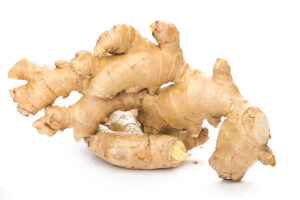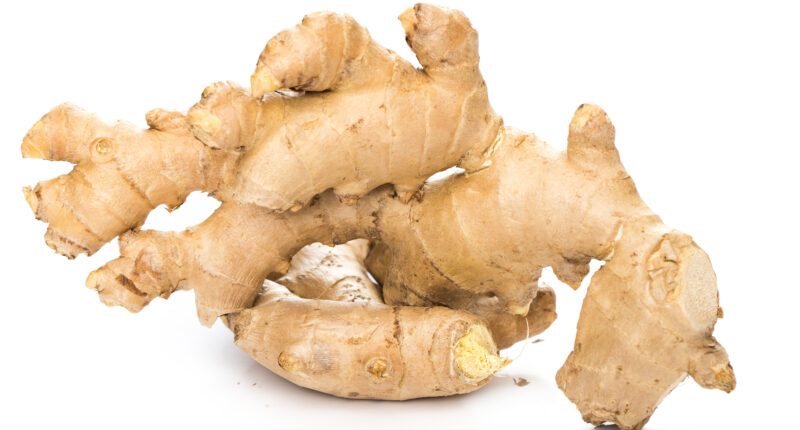Migraines are more than just headaches; they are often debilitating, and characterized by intense pain, nausea, and sensitivity to light and sound. For many people who suffer from migraines, conventional medications don’t always offer relief, or they may cause unwanted side effects. This has led many to explore alternative treatments like herbal supplements. Understanding which herbs may help alleviate migraines can provide a natural option for managing this painful condition.
Common Herbal Supplements for Migraine Relief
Several herbal supplements have gained popularity for their potential to prevent and reduce the severity of migraines. Below are some of the most researched and commonly recommended herbs for migraine management.
1. Butterbur (Petasites hybridus)
Butterbur is one of the most studied herbal supplements for migraines. It is believed to work by reducing inflammation and calming blood vessels that may contribute to migraine attacks. In several clinical trials, Butterbur has been shown to help reduce the frequency of migraines in some people when taken regularly over time.
How to Use Butterbur: Standardized extracts of Butterbur that are free of harmful alkaloids are available in capsule form. It’s recommended to take 75 mg twice daily for migraine prevention.
Important Note: Not all Butterbur products are safe. Make sure to choose a product that has been processed to remove potentially toxic compounds called pyrrolizidine alkaloids (PAs).
2. Feverfew (Tanacetum parthenium)
Feverfew is another herb that has been traditionally used to treat migraines. It contains compounds that may inhibit the release of serotonin, which plays a role in migraine attacks. Some studies suggest that regular use of Feverfew can help reduce migraine frequency and severity.
How to Use Feverfew: It is available in various forms, including capsules, tablets, and liquid extracts. A common dose for migraine prevention is 100–300 mg per day.
Important Note: Feverfew is generally considered safe, but long-term use may cause withdrawal symptoms in some people, such as rebound headaches.

3. Magnesium
Though not technically an herb, magnesium is an essential mineral that is often included in herbal supplements for migraines. Many migraine sufferers have been found to have low levels of magnesium, and supplementing with it can help reduce the frequency of attacks.
How to Use Magnesium: Magnesium can be taken as an oral supplement or included in a multivitamin or herbal formula designed for migraine relief. A typical dose for migraine prevention is 400–600 mg daily.
Important Note: Magnesium supplements may cause digestive issues, including diarrhoea, in some people. It’s important to start with a lower dose and increase it gradually if needed.
4. Riboflavin (Vitamin B2)
Riboflavin, or Vitamin B2, is another supplement frequently included in herbal formulas for migraine management. Research suggests that taking high doses of riboflavin can reduce the frequency of migraine attacks by improving energy production in brain cells.
How to Use Riboflavin: The recommended dose for preventing migraines is typically around 400 mg per day.
5. Ginger (Zingiber officinale)
Ginger is well-known for its anti-inflammatory properties and has been used to relieve nausea, a common symptom of migraines. Some research suggests that ginger may help reduce the severity and duration of migraine attacks when taken at the onset of symptoms.
How to Use Ginger: Ginger can be consumed in various forms, including tea, capsules, or raw. For migraines, taking 250 mg of powdered ginger at the first sign of a migraine may help relieve symptoms.
Important Note: Ginger is generally safe but can cause mild digestive upset in some individuals.

Things to Consider Before Using Herbal Supplements
While herbal supplements may offer relief for migraine sufferers, it’s essential to approach them with caution. Here are a few key things to keep in mind:
1. Consult Your Healthcare Provider
Before starting any new supplement, it’s essential to consult with a healthcare professional, especially if you are currently taking other medications. Some herbal supplements may interact with prescription medications or exacerbate other health conditions.
2. Look for Standardized Extracts
Not all herbal supplements are created equally. Look for products that are standardized, meaning they contain a consistent level of active ingredients. This ensures you are getting an effective dose with each supplement.
3. Be Patient
Herbal supplements typically take time to show results. Unlike conventional medications that may provide fast relief, herbal supplements often need to be taken regularly over weeks or months before noticeable benefits occur.
4. Possible Side Effects
While herbal supplements are often considered “natural,” they can still have side effects. Pay attention to how your body responds to each supplement and discontinue use if you experience any adverse reactions.
Conclusion
Herbal supplements offer a promising alternative or complementary treatment for managing migraines, particularly for individuals looking for natural relief options. Herbs like Butterbur, Feverfew, and Ginger, as well as supplements like Magnesium and Riboflavin, have shown potential in reducing the frequency and severity of migraines. However, it’s essential to consult a healthcare provider before starting any new supplement to ensure it’s safe and suitable for your individual needs. With the right approach, herbal supplements can be a valuable part of your migraine management plan.









